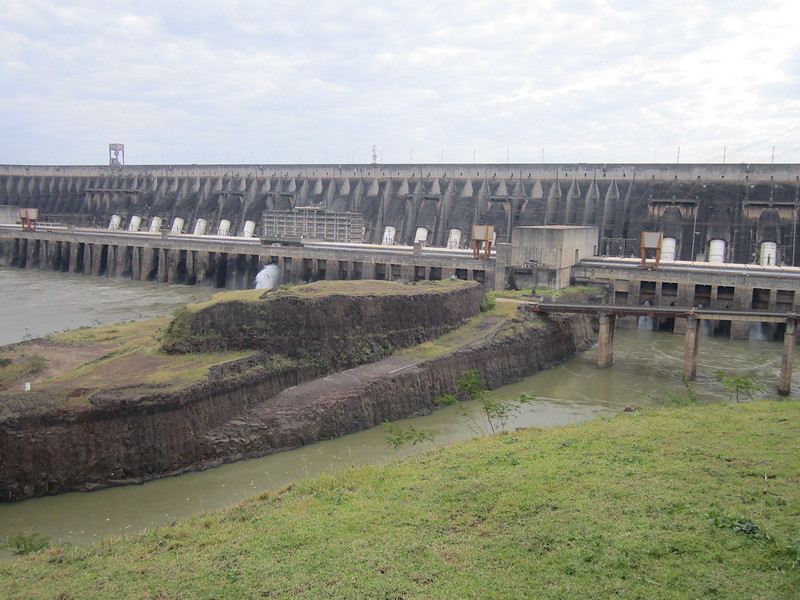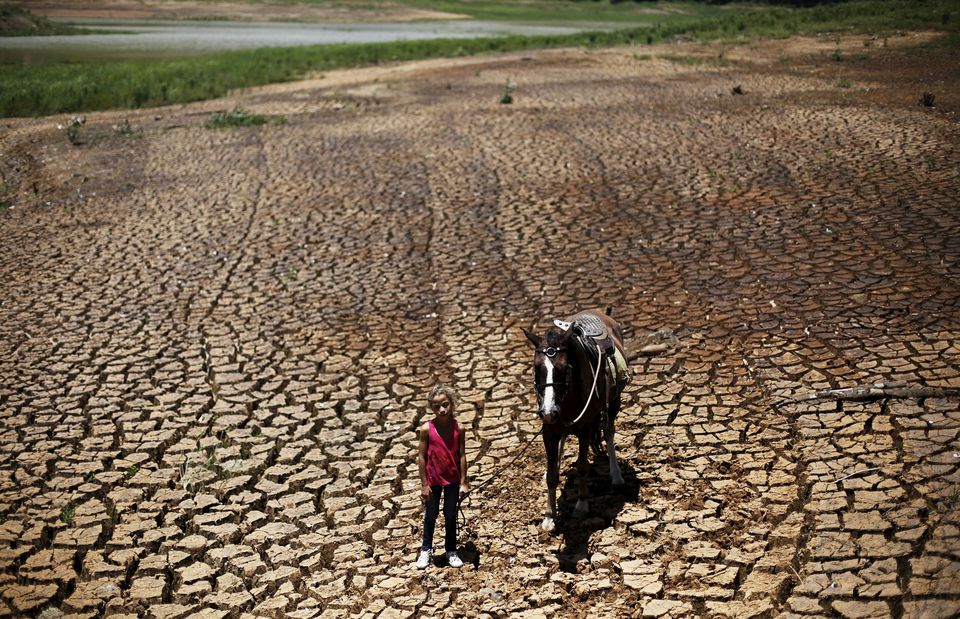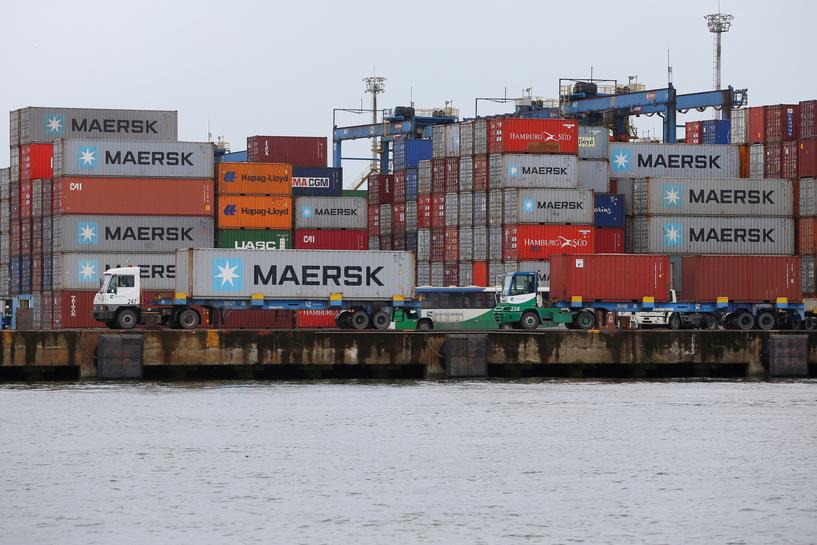Brazil's coffee producing areas may be in danger of continuous drought and output on the eve of drivers' strike transport supply chain chaos
Persistent drought in Brazil
The arrival of September means there is not much time left for Brazilian coffee plants to recover. Brazil experienced the worst drought in 91 years this year, followed by the worst snow in 62 years. The originally fruitful coffee plants passed away in batches after the extraordinary days of ice and fire in 2021.
It had been hoped that Rain Water, brought by Brazilian spring in September, would nourish the scarred land. Brazil, the country with the world's largest freshwater resources, has lost 15 per cent of its surface water since 1991, according to an article published by VOA on September 6th. Pantanal wetland is the largest warm climate wetland in the world. Today, the water coverage of the Pantanal is only 25% of what it was 30 years ago.

Yahoo Finance reported on September 2 that Brazil's minister of mining and energy pleaded with people to reduce energy consumption because of the hydropower crisis caused by drought. Annual rainfall in Brazil has been decreasing over the past decade and droughts have become more frequent. The Panara river, which connects Brazil, Argentina, Paraguay and Uruguay, is at its lowest level in 77 years, creating difficulties for hydropower and hampering the transport of goods.

Today, the flowering of coffee plants is just around the corner, but the rainfall is not as good as expected. Not only agriculture but also the hydropower and transportation industries are affected.
Troubles in the transport chain
According to the Coffee Finance Network on September 7, local media in Brazil said that a nationwide truck drivers strike is expected to break out on September 7. Truck drivers in the country will demonstrate in an organized manner in the capital. According to the initial description of the organization of the strike, the current strike lasts only one day.
Campaign leaders said that fortunately the strike was not widely supported and that if the strike continued, it would have a huge impact on the delivery of coffee to the port.

In addition, the global economic outlook continues to be uncertain, and supply chain chaos is at the core of this uncertainty. According to an article in the New York Times on Aug. 31, a 40-inch container from Shanghai to Michigan cost $6000 to $7000 before the COVID-19 epidemic; now it costs at least $26000 to start in mid-September 2021.
In addition, even if they are willing to spend money to order containers, they still have to face the problem of container shortage. A COVID-19 positive case was found near Zhoushan Port in Ningbo, the world's third largest container port, leading to the closure of the terminal and further disrupting the global supply chain.
For more information about coffee beans, please follow the coffee workshop (Wechat official account cafe_style)
For professional coffee knowledge exchange, please add Wechat account kaixinguoguo0925.
Important Notice :
前街咖啡 FrontStreet Coffee has moved to new addredd:
FrontStreet Coffee Address: 315,Donghua East Road,GuangZhou
Tel:020 38364473
- Prev

What kind of tea is black tea? Does black tea taste the same as black tea? what's the difference in taste characteristics?
The production of tea is a strict process, which has been developed after hundreds of years of trial and error. Today, scientific research helps us define the chemical processes that take place in all steps of a process, but a long history and conservative process traditions have led to some common misunderstandings and confusing terms. In particular, fermentation is often used to describe the blackening process of tea during processing.
- Next

How dare COVID-19 rub against the hot spots of the epidemic? Was fined 450000 Yoledo apologized for promoting the prevention and control of the product COVID-19!
Have you ever had Yoledo? It is a probiotic milk drink from Japan. Officials say it contains billions of active good bacteria that can help us correct the imbalance of friendly bacteria in the digestive system and maintain a healthy intestinal flora. Because of this, Yoledo promotes itself to help improve defecation and metabolism in patients with constipation. But recently, Yisheng has spread on the Internet.
Related
- What is the difference between Indonesian Sumatra Mantinin coffee and gold Mantinin? How to distinguish between real and fake golden Mantelin coffee?
- What does bypass mean in coffee? Why can hand-brewed coffee and water make it better?
- Unexpected! Ruixing Telunsu lattes use a smoothie machine to foam milk?!
- % Arabia's first store in Henan opens into the village?! Netizen: Thought it was P's
- Does an authentic standard mocha coffee recipe use chocolate sauce or powder? Mocha Latte/Dirty Coffee/Salty Mocha Coffee Recipe Share!
- What is the difference between Vietnam egg coffee and Norway egg coffee? Hand-brewed single product coffee filter paper filter cloth filter flat solution!
- What is the difference between sun-cured and honey-treated coffee? What are the differences in the flavor characteristics of sun-honey coffee?
- How to make Italian latte! How much milk does a standard latte use/what should the ratio of coffee to milk be?
- How to make butter American/butter latte/butter Dirty coffee? Is hand-brewed coffee good with butter?
- Is Dirty the cold version of Australian White? What is the difference between dirty coffee/decent coffee and Australian white espresso?

